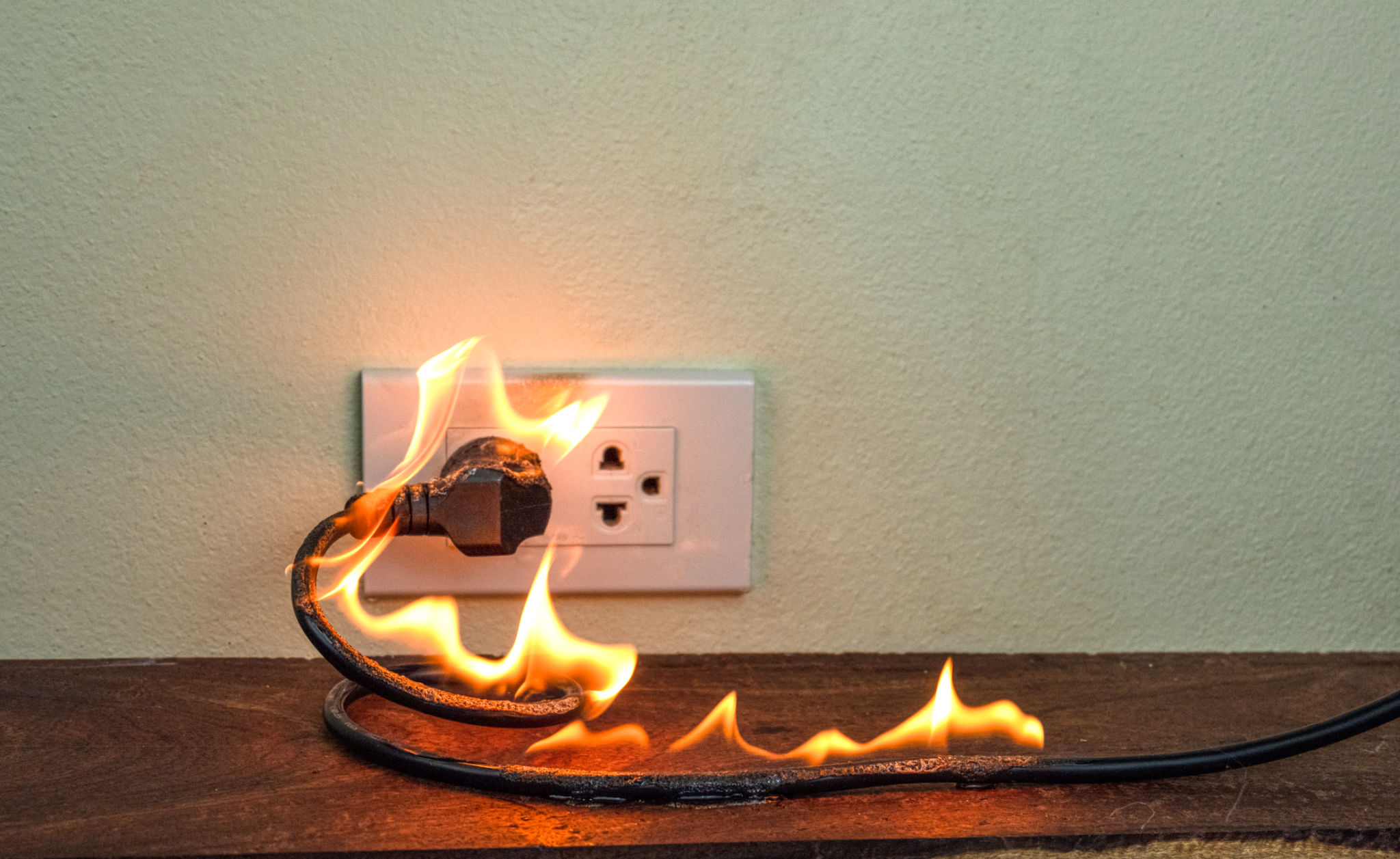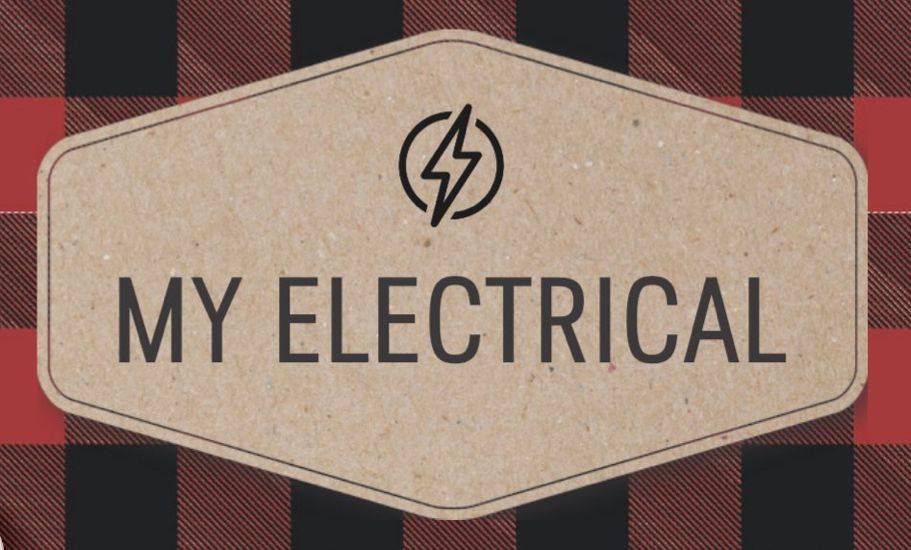DIY Electrical Safety Tips for Ottawa Homeowners
Understanding the Basics of Electrical Safety
When it comes to handling electrical work in your home, safety should always be your top priority. Whether you're tackling a small repair or a more extensive renovation, understanding the basics of electrical safety can prevent accidents and ensure your home remains secure. Familiarize yourself with your home's electrical system, including the location of the circuit breaker and how to turn off power in an emergency.
Always make sure your hands are dry and you're wearing rubber-soled shoes when working with electricity. This simple precaution can significantly reduce the risk of electrical shock. Additionally, use tools with insulated handles to further protect yourself.

Identifying Potential Hazards
Before beginning any DIY electrical project, conduct a thorough inspection of your home to identify potential hazards. Look for frayed wires, damaged outlets, and flickering lights, as these can indicate underlying issues. If you discover any such problems, it might be wise to consult with a professional electrician to assess and address the situation.
Another common hazard is overloaded circuits. Be cautious not to plug too many devices into a single outlet, as this can lead to overheating and possibly cause a fire. Consider using power strips with surge protectors to safely manage your electronic devices.
Using Proper Equipment and Techniques
When performing DIY electrical work, using the proper equipment and techniques is essential for ensuring safety. Invest in quality tools that are specifically designed for electrical work. This includes wire cutters, voltage testers, and screwdrivers with insulated handles. A digital multimeter can also be invaluable for measuring voltage, current, and resistance accurately.

Make sure to follow the correct techniques when working with wiring. Always cut the power at the circuit breaker before beginning any project. When stripping wires, avoid damaging the metal core and ensure all connections are secure and properly insulated.
Installing and Maintaining GFCI Outlets
Ground Fault Circuit Interrupter (GFCI) outlets are crucial for protecting against electrical shock, especially in areas prone to moisture such as kitchens and bathrooms. If your home lacks these outlets, consider installing them as part of your DIY project. They are designed to cut off power quickly in case of a ground fault, providing an additional layer of safety.
Regularly test your GFCI outlets by pressing the "test" button to ensure they are functioning correctly. If the outlet does not trip or reset, it may need replacement or further inspection by a professional.

Knowing When to Call a Professional
While many homeowners can handle basic electrical tasks, certain projects are best left to professionals. If your project involves working with high voltage or requires extensive rewiring, it’s safer to hire a licensed electrician. Attempting complex tasks without proper knowledge can lead to dangerous consequences.
Additionally, if you encounter any unexpected complications during your DIY project, don't hesitate to seek expert assistance. A qualified electrician can ensure the job is completed safely and in compliance with local codes and regulations.
Conclusion: Prioritizing Safety Above All
Electrical work can be rewarding but comes with significant risks if not approached with care. By following these DIY electrical safety tips, Ottawa homeowners can confidently undertake small projects while prioritizing safety. Remember that when in doubt, professional guidance is invaluable for maintaining the safety and integrity of your home’s electrical system.
